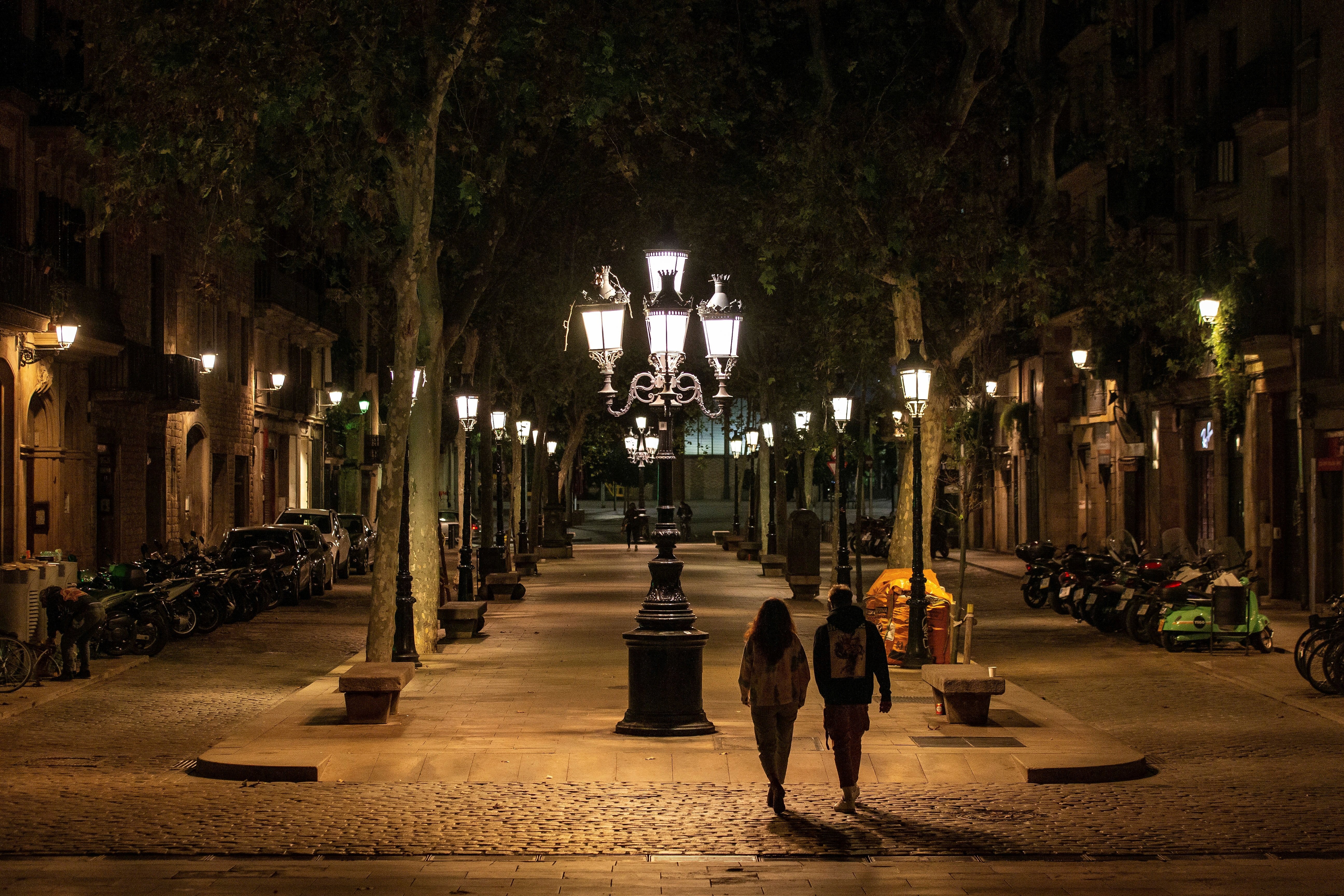The curve of the fifth wave of the pandemic is not easily flattened. "The situation remains worrying," Catalan government spokeswoman Patrícia Plaja has warned. Faced with this reality, which was to be expected, the nightly curfew decreed by the Pere Aragonès government between 1am and 6am, will be extended. For the moment, another week has been added. This Wednesday the executive will ask the Catalan High Court for permission to extend the night-time confinement for another seven days, until Friday 30th July. The list of municipalities varies slightly from this week. There are a few that leave the category, but the vast majority continue and a few new towns will now begin curfew. The total municipalities affected rises from the initial 161 to 165.
Here's a searchable list of the municipalities to which curfew will apply from this weekend:
Lleida, Roses, Salt and El Vendrell are some of the larger towns that had avoided the first night-time confinement but have now surpassed the levels set by the Catalan government, that is, a seven-day incidence of 400 or more cases per 100,000 inhabitants for municipalities with more than 5,000 inhabitants. Despite the trend towards stabilization, the situation remains concerning, warns CatSalut.
From the Catalan government, they explain that it is still too early to confirm whether the curfew is bearing fruit, and the hope is that effects will begin to be noticed from next week. Government sources are already saying that this specific measure could be in place until mid-August.
In the absence of the state of alarm, the only legal way to impose such a drastic restriction is to ask permission from the judiciary and do so selectively - that is, not homogeneously throughout Catalonia but by municipalities. The list of the areas affected will be reviewed each week.
Anti-botellon
The top priority objective of the curfew measure, as has been admitted by key officials of the Catalan government, is to combat botellons and street parties organized in public spaces once bars close. In fact, as of last Thursday, all entertainment, culture, and sports activities have had to shut down at 12:30am every night - throughout Catalonia. The decree states that arrival at home later than 1am will not be permissible and, thus, anyone who leaves the cinema, theatre or a concert at the 12:30am shutdown time and has to get home will have only half an hour to do so.
With the limitation of night mobility, says the decree, "the aim is to reduce social interactions that occur at night as these are the most frequented by the age groups with the highest incidence of the disease." The Catalan government bases its plan on the premise that "restrictions on nightlife establishments may lead to social interaction moving to public spaces where people without interpersonal distance and without masks group together in order to consume, which is the activity known as botellot. These spaces, although open-air, also become important focuses of spread of the virus, especially when the incidence of contagion is very high, as it is in Catalonia, and the possibilities for asymptomatic infected people to interact are high".
In the main image, third night of the first (2020) curfew / EFE

